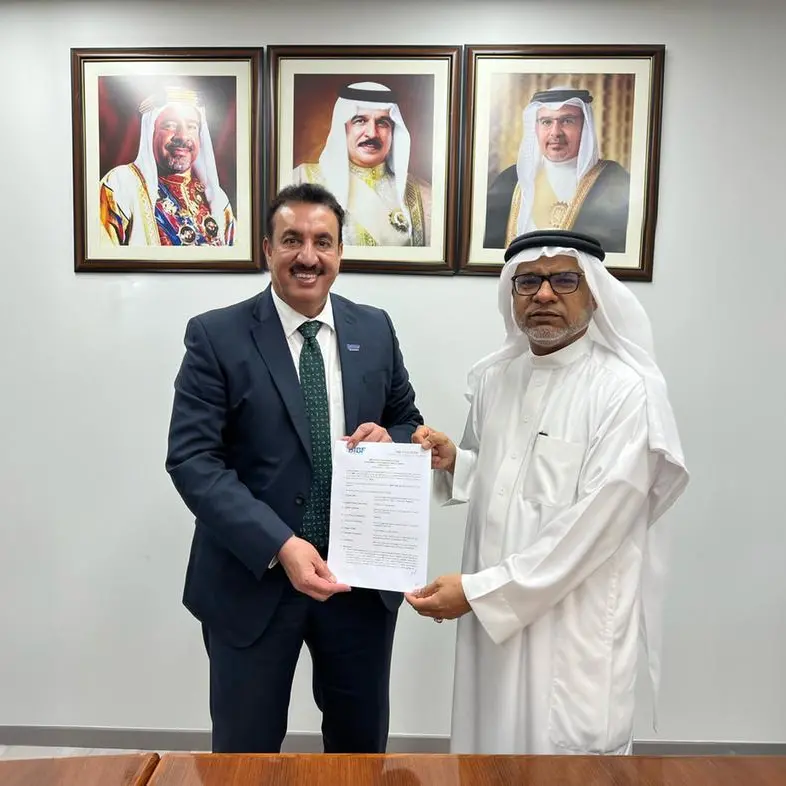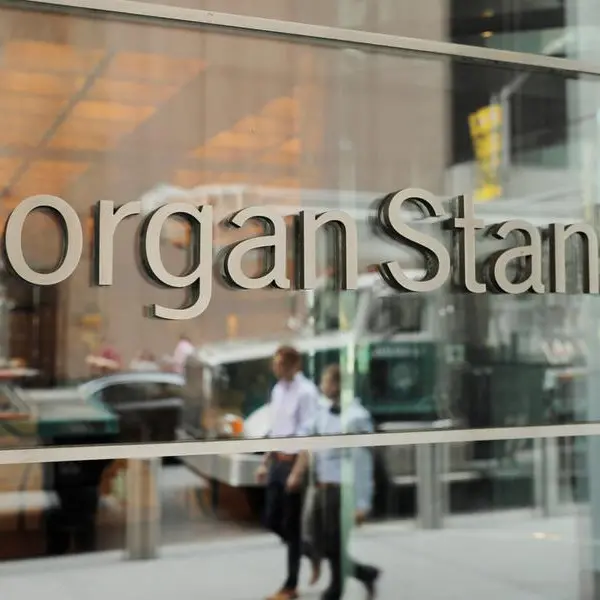PHOTO
Egypt - Hassan El-Khatib, Minister of Investment and Foreign Trade, said that the government is working to attract more investments and foster the role of the private sector as a major engine of innovation and economic growth.
He added that the private sector is the backbone of the Egyptian economy, and the government prioritises the partnership between the public and private sectors and its role in creating new job opportunities, and achieving sustainable development.
The Minister made that statement during his participation in the Private Sector Participation Annual Conference, organized by the Center for International Private Enterprise (CIPE), to discuss the importance and role of the private sector in the upcoming period, and how to empower it.
El-Khatib said that the priority sectors for investment were industry, health, agriculture and investment. He noted that other promising sectors included renewable energy (hydrogen production and energy storage), solar energy technology, microchip production, data centres, and outsourcing services.
El-Khatib pointed out that the state is trying to diversify export markets, as part of the strategy to expand Egyptian markets in Africa, Europe, Asia and North America to reach $145bn worth of annual exports. The government is also working to strengthen global trade relations, focusing on Egypt’s efforts to promote the African Continental Free Trade Agreement (AfCFTA), as well as with the European Union and other global partners. The state is also working to reduce trade barriers, simplify customs procedures and improve the logistics infrastructure to connect Egypt to global markets and benefit from its strategic location as a gateway to Africa, Europe and the Middle East, according to El-Khatib. Additionally, he explained that Egypt is striving to enhance its position as a leading global power in the production and export of green hydrogen, through the National Low-Carbon Hydrogen Strategy. This strategy is an essential part of Egypt’s vision to shift towards renewable energy. It depends on utilizing Egypt’s solar and wind energy resources, which makes it ideally positioned to become a global hub for the exporting of hydrogen to European and Asian markets.
El-Khatib also pointed out that Law No. 2 of 2024 was passed and entered into force in January 2024. It is a comprehensive legal framework to support green hydrogen projects, providing financial incentives and facilities to encourage investments in this sector. The law also allows projects to obtain the golden licence, a single permit for all implementation and operation stages.
The Minister of Investment reviewed the amendment of the Investment Law and the approval of new investment incentives. A law was issued to amend some provisions of Investment Law No. 160 of 2022 to facilitate the attraction of local and foreign investments.
He also reviewed the ministry’s efforts to simplify and automate investment procedures. The Investment Authority launched electronic platforms to allow establishing companies, obtaining licenses, reserving a trade name, and issuing an investment document. Moreover, the number of documents required from companies was reduced. He also pointed out that the entity dealing with investors has been unified to facilitate the allocation of industrial lands and accelerate the issuance of final licenses. In addition, a joint committee was formed and is concerned with allocating lands under the ownership and usufruct model according to specific controls.
Establishing projects under the free and investment zones system was also expanded, along with the scope of projects that are permitted to be licensed under the free zones system which now includes projects operating in the fields of petroleum manufacturing, fertilizer industries, iron and steel, and the manufacture, liquefaction, and transportation of natural gas.
According to El-Khatib, investors are encouraged to establish industrial projects under the private free zones system, and quickly issue the necessary approvals and licenses for them, as the requirements and controls for their establishment have been simplified. Moreover, the establishment of companies operating under the private free zones system has expanded to include more than only industrial activities. Establishing investment zones as a distinguished investment system that targets integrated development in various fields is also part of the state’s trend to encourage investment, along with providing the investor with lands and units with complete facilities with simplicity and ease of procedures in terms of approvals and licenses.
Regarding supporting entrepreneurship and startups, El-Khatib said that according to Prime Ministerial Resolution No. 2136 of 2022, a permanent unit was established in the Cabinet, headed by the CEO of the General Authority for Investment and Free Zones (GAFI) and the relevant authorities as members, that is specialised in setting appropriate policies, laws and regulations for the growth and prosperity of startups in Egypt, and communicating with entrepreneurs to remain informed about the challenges they face, as well as listen to their suggestions and ideas to develop proper solutions for them in coordination with the concerned authorities.
© 2024 Daily News Egypt. Provided by SyndiGate Media Inc. (Syndigate.info).





















